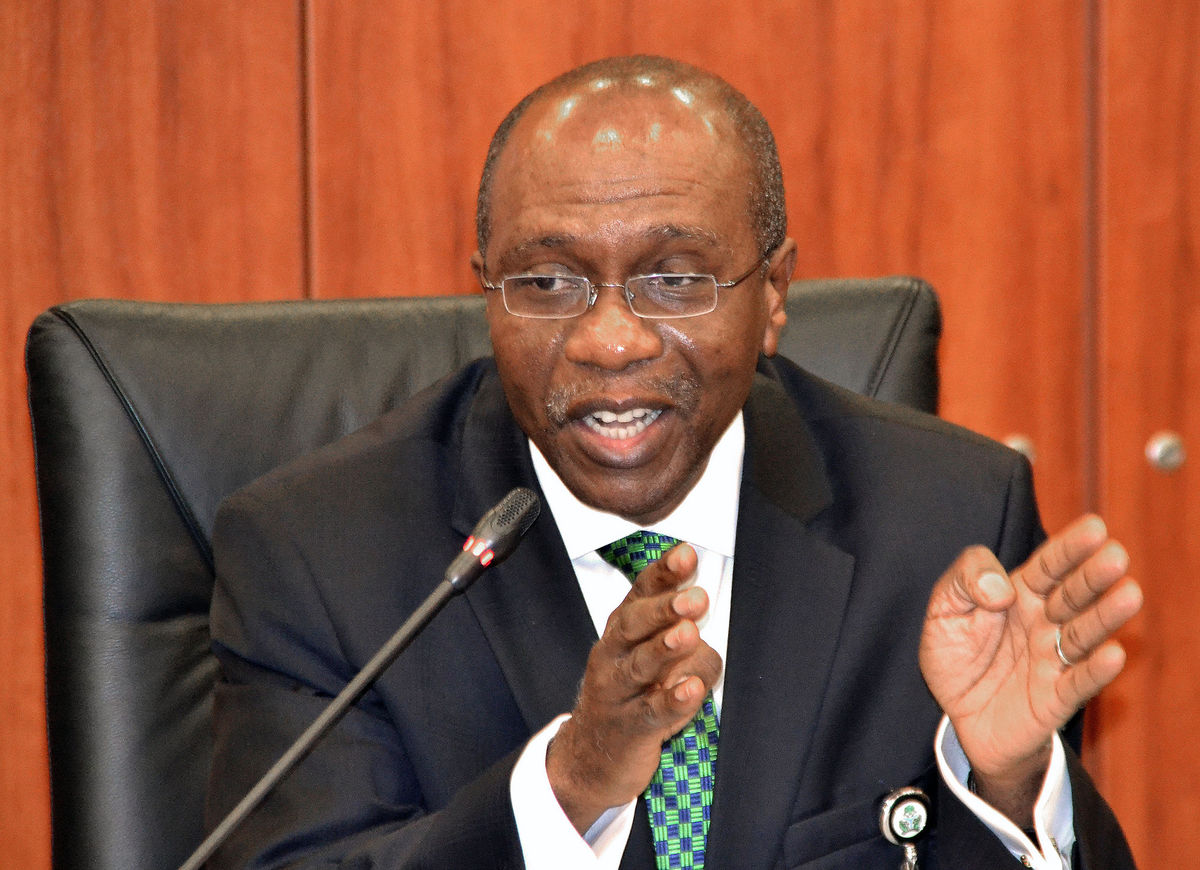Following decisions by the Central Bank of Nigeria to allow wireless carriers to transfer cash, commercial banks say the new policy, if implemented will not any way hurt their businesses.
The CBN late last year released guidelines on how Payment Service Banks will operate to reverse a drop in access to affordable financial products.
It had previously blocked network operators from getting licenses to move money for customers without using a bank. But, with 162 million active lines between the nation’s four wireless carriers, the regulator is opening up the field in a bid to more than double its financial inclusion rate to 80 percent by 2020.
Banks still have some shelter from full-blown competition as the new policy won’t enable licensees to lend, pay interest or accept foreign-currency deposits. It also requires that at least one quarter of access points be located in rural areas, which are currently under-served.
Banks aren’t standing still and are confident they can withstand the competition with their own digital offerings.
FBN Holdings Plc’s First Bank of Nigeria is pushing ahead with its digital-banking roll-out, with more than 10,000 agents targeting the unbanked everywhere in the country, according to CEO Adesola Adeduntan, out of the 500,000 agents which the regulator has said are needed to cover Nigeria.
“As a bank, we can open accounts nationwide using digital financial services, invest the funds across a broad range of asset classes, and, most importantly, we can lend,” said Lagos-based Diamond Bank Plc’s head of corporate communications, Ezechinyere Anyanwu.
Without the ability to lend or pay interest on deposits, there might be little incentive for customers to keep their money outside the banking system, said Abayomi Odumosu, an independent mobile-money consultant based in Lagos.
“It pushes people to withdraw,” he said. “That increases the cost of handling cash and forces mobile operators to collaborate with banks.”
It will probably be a fine line between collaboration and competition. Nigerian lenders are already facing uncertainties around what is shaping up to be a close presidential election in February, the risk of a currency devaluation, a surge in soured loans, and tepid economic growth.
“It’s a win-win for everybody,” said Segun Ogunsanya, CEO of New Delhi-based Bharti Airtel Ltd.’s Nigerian unit. “It’s a win for the banks, a win for the licensees, a win for the central bank, a win for the government and a win for the areas where people have been excluded from the economic activities of this country.”
Airtel Nigeria may apply through an affiliated entity rather than applying for a license directly, he said. Nigeria’s two other main wireless operators, 9mobile and Globacom, with a combined 59 million subscribers as of November, didn’t respond to requests for comment about potential plans to apply for a license.
The lenders will need to be on their toes. “Banks will be forced to develop innovative banking services,” said Oluwole Babatope, a senior research analyst at International Data Corp., or risk losing accounts to mobile-phone providers, hurting their revenue.

 Health5 days ago
Health5 days ago
 Entertainment6 days ago
Entertainment6 days ago
 Crime5 days ago
Crime5 days ago
 Education7 days ago
Education7 days ago
 Health7 days ago
Health7 days ago
 Comments and Issues6 days ago
Comments and Issues6 days ago
 Football6 days ago
Football6 days ago
 Latest6 days ago
Latest6 days ago

